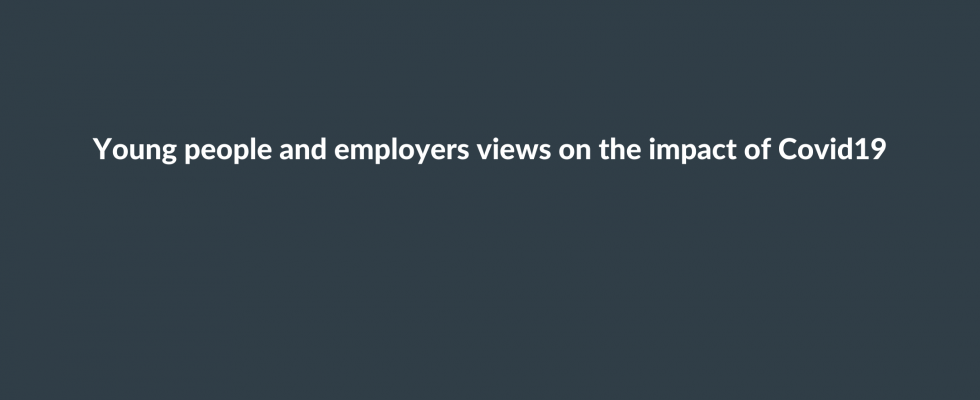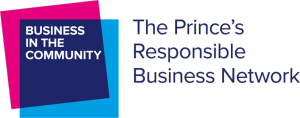
Young people and employer views on the impact of Covid19
In our latest webinar, we asked our peer panel to share their views on the pandemic and we asked employers to share their views too. Here’s what we found out…
We set up the webinar after changing our training workshop to an online session. Instead of training 15 employers, we were able to double our usual training session.
This webinar was sponsored by the Work Live Leicestershire project and support by R.E.A.L Education who were due to host the training workshop.
 After sharing some insights and top tips from our latest Employment Accessibility Report, we discussed the impact of the pandemic.
After sharing some insights and top tips from our latest Employment Accessibility Report, we discussed the impact of the pandemic.
Our peer panel of 18 to 30 year-olds includes final year students, employed, self-employed and some searching for work.
When we asked them to share their views on the pandemic and how it had impacted them there was an overarching theme.
The peer panel expressed empathy towards their family and what it meant for them.
The students amongst the group also felt frustrated with the lack of face to face support during their final assignments.
We also asked the peer panel if there was a change in attitudes towards certain industry sectors such as care.
“There is definitely a change in attitude towards certain industries. Key workers have been recognised and will get more respect.
They are earning their money and earning their worth.” Omar Thomas, peer panel member
“I have previously worked in the NHS and I feel the public is on their side and recognise their work but we need political leaders to recognise this too.
The language has changed from low skilled workers to key worker heroes.” Alex George, peer panel member
During the webinar, we invited employers to share their views and if the pandemic was affecting their business.
A food production employer said that it hadn’t had a recruitment need but instead the existing employees needed to be adaptable as they were moved on to different production lines and tasks.
Some of our peer panel members felt entry-level jobs and opportunities for graduates would be put on hold by employers.
“I’m interested to see what we learn from it.”
“I think young people will struggle with the gap from education to employment even more so. Our development has been put on standby but employment is like public transport, it doesn’t wait for you. I think we can avoid this if more employers invest in training and create more entry-level roles.”
“What this has shown is that more employers need to embrace working from home. Young people have certain expertise in the digital space and could in fact, create the treasure map needed to navigate home working.” Peter Colley, peer panel member
Takeaways for employers
- Be adaptable to change – the organisations that can adapt have a better chance of surviving after the pandemic
- Consider different ways of delivering your product or service
- Both employers and employees need to be flexible with their roles
- Invest in training and technology to ensure your business is future proof
- Plan for future recruitment – if you cannot recruit right now then use it as a pause rather than full stop
- Use the time to make sure you have what it takes to attract candidates after the pandemic
- Be considerate of 2020 cohort of students – young people leaving education this year are faced with worries about their families, a loss of financial independence and uncertainty around employment prospects
- If you recruit later this year or next, then take into account that this pandemic has had an impact on them.
















